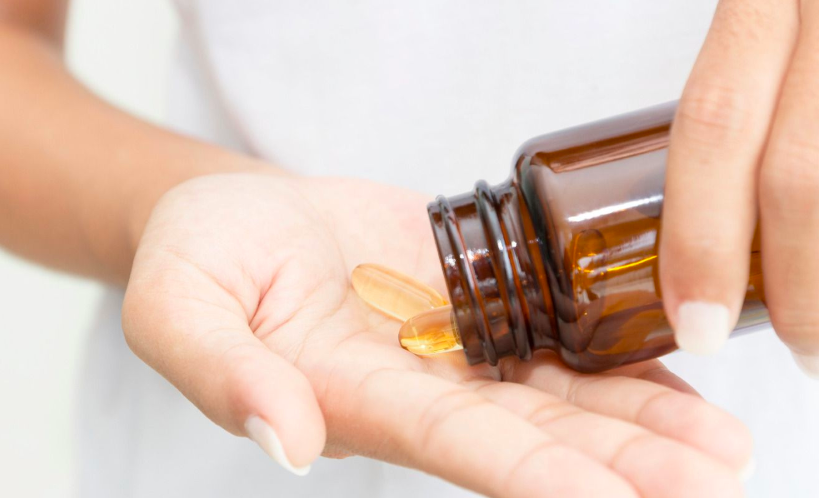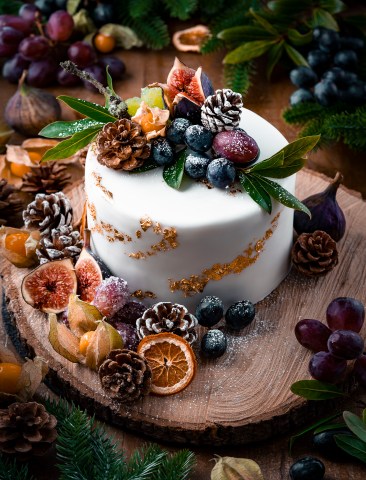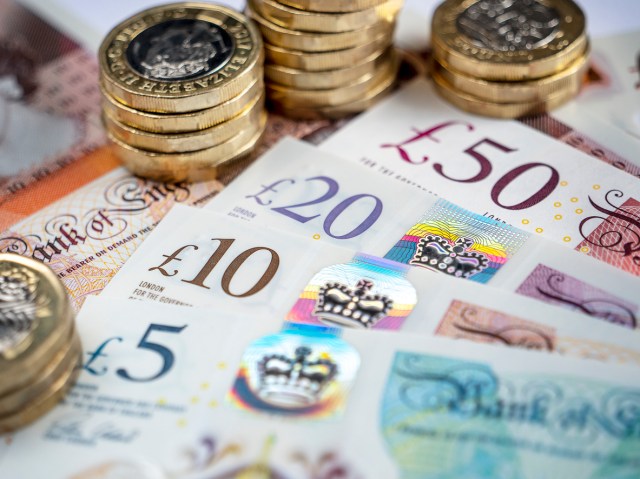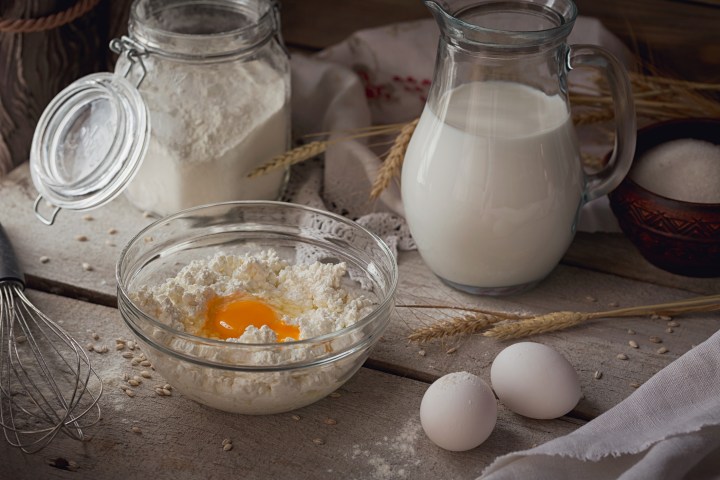The Five Best Vitamin Supplements for Healthy, Shiny Hair

You can tell the level of a person’s health and nutrition by the condition of their hair. Some have thin, weak and lacklustre hair, whilst others have a thick, strong and voluminous head of hair. There are some important vitamins and minerals that are vital if you want to properly care for your hair. Dr. Sarah Brewer’s Essential Guide to Vitamins, Minerals and Herbal Supplements helps you to understand the importance of how vitamin supplements can maintain and improve your daily health and what dietary requirements and fatty acids are needed in order to achieve this.
Vitamin B2
This vitamin is extremely important for the production of energy and the metabolism of proteins, fats and carbohydrate. As this is a water-soluble vitamin, B2 cannot be stored in your body, so a regular dietary intake is essential. Foods such as yeast extract, whole grains, eggs, dairy products, green leafy vegetables and beans are a good source of Vitamin B2. Fortified cereals are another good source. Despite milk having a high content of B2, once it is exposed to light, unfortunately these vitamins are destroyed. With its production of antibodies, B2 helps to stop infection, disease and illness and helps to keep skin, hair, eyes and mucus membranes healthy. It is also important for brain function.
Vitamin B5
Vitamin B5 is widely found in foods such as whole grains, beans, vegetables, nuts, eggs, meats and yeast extracts. One of the foods very high in Vitamin B5 is royal jelly. Unfortunately, B5 is easily destroyed by food processing. For example, cooking destroys up to 50% of the vitamin in meats and an additional 30% is lost to cooking juices. Freezing also contributes to the loss of vitamin B5. Just like many other vitamins in the B family, B5 is vital for giving energy. It contributes to overall health, helps with the healing of wounds and improves the lustre of hair.
Vitamin B6
Vitamin B6 is not just one substance, but a whole group. It dissolves easily in water, so needs to be taken regularly. Food sources that contain vitamin B6 include whole grains, liver, meat, oily fish, soy products, bananas, nuts (especially walnuts), green leafy vegetables, avocado, egg yolk and royal jelly. It is important for the health of cells that divide rapidly, such as those found in hair follicles.
Biotin
This member of the vitamin B group is needed to help function glucose metabolism. Biotin helps insulin to be released from the pancreas, by increasing the breakdown of glucose in the liver. A lack of the vitamin biotin has been known to cause brittle hair, patches of hair loss and reversible baldness. It is therefore important to make sure this vitamin is regularly featured in your diet.
Silicon
A lack of silicon can bring on early aging in the skin, brittle hair and nails, hardening of arteries, abnormal bone formation and osteoporosis. The vitamin silicon greatly improves the strength, elasticity and thickness of hair, as well as helping to prevent breakage. Foods that contain silicon include rice bran, whole grains, green leafy vegetables, potatoes, capsicum peppers, parsnips, nuts and seeds.
For more information read: The Essential Guide to Vitamins, Minerals and Herbal Supplements (£9.99, Robinson) by Dr. Sarah Brewer







